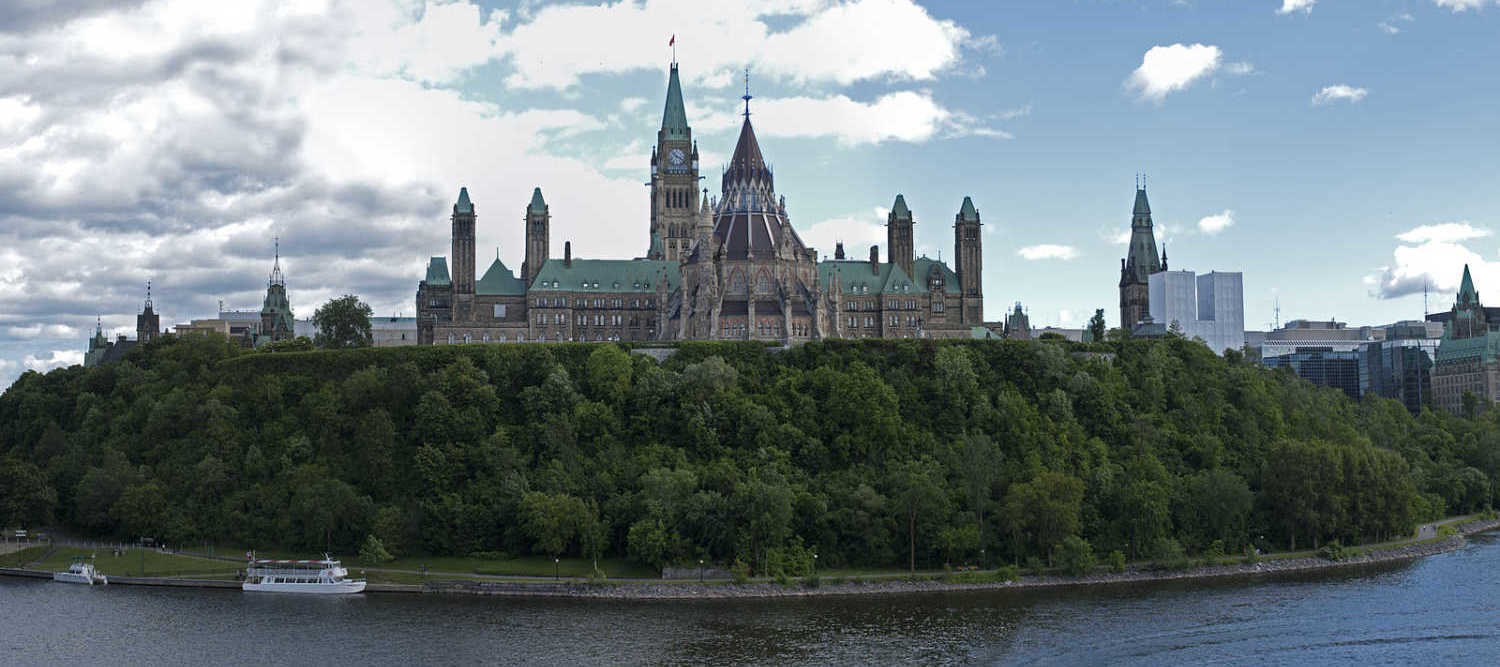
Event Details
- Thursday, June 8, 2017
- 1:00 pm EST
- Free
- Online
Achieving the Right Balance
Live Panel Discussion
Carbon pricing is one of the main policy tools being used in Canada to reduce greenhouse gas emissions, and this is great news. As the Ecofiscal Commission has shown in previous work, carbon pricing is the most cost-effective way to reduce emissions. But what other policies might also make sense? What is the right balance between carbon pricing and other, complementary climate policies?
Join us for a live discussion where our panellists will debate the right role for complementary climate polices. Some will argue that carbon pricing should do all the work, and that we should get rid of other policies. Others will argue that there’s a big role to be played by complementary policies. And somewhere in the middle will be the argument that some additional policies—but not all—can truly complement carbon pricing.
Moderator
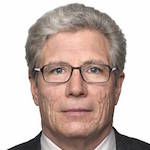
Shawn McCarthy
Global Energy Reporter, The Globe and MailExpert Panel
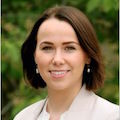
Erin Flanagan
Program Director, Federal Policy, Pembina InstituteErin Flanagan is the director of the Pembina Institute’s federal policy program. In this role she spearheads national advocacy campaigns on climate and energy issues and supports the Institute’s regional staff to advance their policy priorities in Ottawa. Erin is the co-author of more than 10 publications and frequently represents the Institute at regulatory and multi-stakeholder processes.
Day-to-day Erin researches and promotes public policy solutions that reduce the environmental impact of fossil fuel development and that support Canada’s transition to clean energy. As a technical analyst at the Institute, she contributed to public- and private-sector projects on a range of issues in the oilsands, including greenhouse gas and water management, tailings treatment, and land reclamation. Her technical and opinion work has been published in The Globe and Mail, Toronto Star, and PostMedia newspapers across Canada. As a frequent spokesperson for the Institute, she appears regularly on national current affairs television programs, including CBC’s Power and Politics.
Erin holds a bachelor of science in chemical engineering with a minor in public policy from the University of New Brunswick. Her contributions to technical and humanitarian issues have been highlighted by organizations including the Canadian Engineering Memorial Foundation, the Association of Professional Engineers and Geoscientists of New Brunswick and the Canadian Society for Chemical Engineering. In 2016 she was named one of Canada’s top 30 under 30 in sustainability by Corporate Knights magazine, and has twice been named one of Ottawa’s “Top 100 lobbyists” by The Hill Times.

Ken Green
Senior Director, Center for Natural Resource Studies, Fraser InstituteKenneth P. Green is Senior Director of the Center for Natural Resource Studies at the Fraser Institute. He received his doctorate in Environmental Science and Engineering from the University of California, Los Angeles (UCLA), an M.S. in Molecular Genetics from San Diego State University, and a B.S. in Biology from UCLA. Mr. Green has studied public policy involving energy, risk, regulation, and the environment for nearly 20 years at public policy research institutions across North America including the Reason Foundation, the Environmental Literacy Council and the American Enterprise Institute. He has an extensive publication list of policy studies, magazine articles, opinion columns, book and encyclopedia chapters, and two supplementary textbooks on climate change and energy policy intended for middle-school and collegiate audiences respectively. Mr. Green’s writing has appeared in major newspapers across the US and Canada, and he is a regular presence on both Canadian and American radio and television. Mr. Green has testified before several state legislatures and regulatory agencies, as well as giving testimony to a variety of committees of the US House, US Senate and the House of Commons.
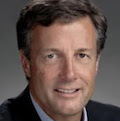
Mark Jaccard
Economist and professor in the School of Resource and Environmental Management at Simon Fraser University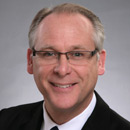
Chris Ragan
Chair, Canada's Ecofiscal CommissionMcGill University, Department of Economics
